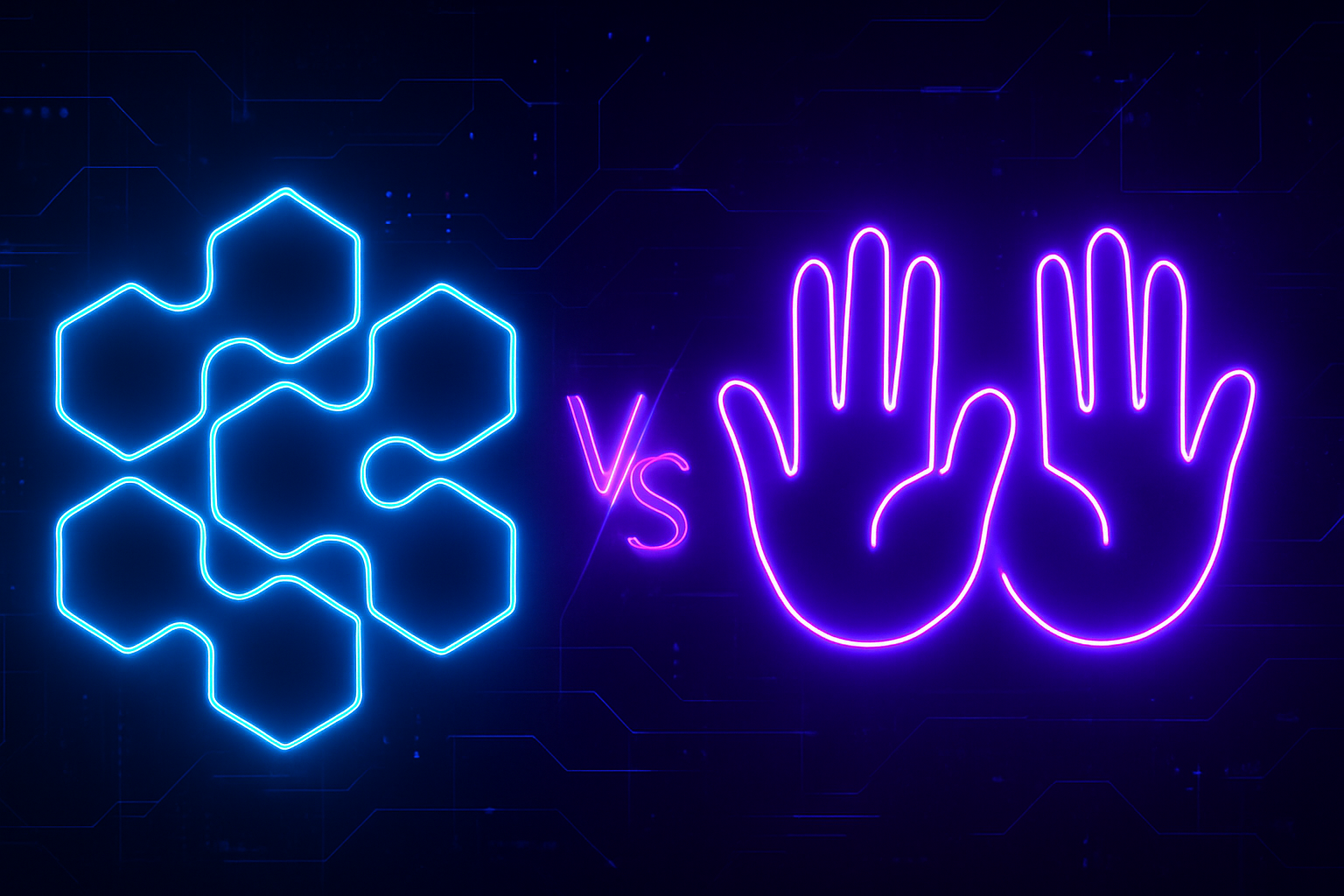Devin AI vs OpenHands: Open Source vs Proprietary Agentic Development

What Is Devin AI?
Devin AI is designed as a fully autonomous AI engineer, capable of planning, executing, and shipping code with minimal human input. Developed by Cognition Labs, Devin can:
- Plan multi-step software tasks
- Create, modify, and test code across repositories
- Manage environments and deployments
- Document reasoning and progress
Essentially, Devin functions as a virtual full-stack engineer — able to take broad prompts (“build a web app for…”), decompose them, and execute independently.
However, Devin operates in a closed ecosystem. While users can view its outputs and reasoning summaries, its core logic, architecture, and training data remain proprietary. This gives Cognition Labs tight control over its evolution — and limits how deeply teams can customize or audit the agent.
What Is OpenHands?
OpenHands, on the other hand, represents the open-source alternative to agentic development. Created by the team behind All Hands, it’s built to be:
- Transparent — users can inspect every reasoning chain and execution step.
- Extensible — developers can plug in custom workflows, APIs, and sandboxes.
- Secure — each AI action runs inside isolated environments.
- Community-driven — contributions and forks allow for rapid innovation.
OpenHands doesn’t claim to replace human developers. Instead, it empowers them to orchestrate autonomous agents safely and collaboratively — while retaining full visibility into how AI decisions are made.
Devin AI vs OpenHands: The Core Differences
While both tools fall under the “agentic AI” category, their design philosophies diverge sharply. Devin aims to deliver polished, end-to-end automation within a controlled system; OpenHands emphasizes freedom, transparency, and developer ownership.
Here’s how they compare:
Choosing Between Devin AI and OpenHands
Choose Devin AI if:
- You need plug-and-play autonomy without configuring infrastructure.
- You prioritize speed and abstraction over flexibility.
- You’re comfortable with closed, hosted systems.
Choose OpenHands if:
- You value transparency and control in AI reasoning.
- You want to customize or extend your agentic workflows.
- You’re building AI-powered systems that require auditability and compliance.
In many cases, teams may blend both approaches — using Devin-like closed systems for rapid prototyping and OpenHands for long-term integration within enterprise or open R&D environments.
The Bigger Picture: Open Ecosystems vs Closed Agents
This comparison isn’t just about tools — it’s about the future of agentic AI ecosystems.
- Proprietary agents like Devin AI will push the boundaries of automation, offering “AI-as-a-Service” for rapid delivery.
- Open frameworks like OpenHands will define the standards of trust, transparency, and extensibility that make those agents sustainable.
The future likely belongs to hybrid ecosystems, where developers can mix open and closed components — balancing autonomy with governance.
Final Thoughts
Devin AI proves what’s possible when AI takes on software engineering itself.
OpenHands proves that autonomy doesn’t have to mean opacity.
At Amplifi Labs, we see these technologies as complementary: part of a growing toolkit enabling developers to build smarter, safer, and faster with AI at every layer of the stack.
Curious about how agentic AI can transform your software stack?




